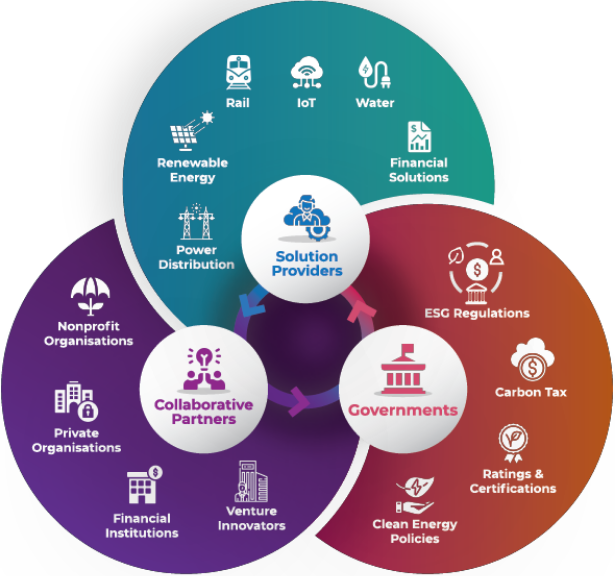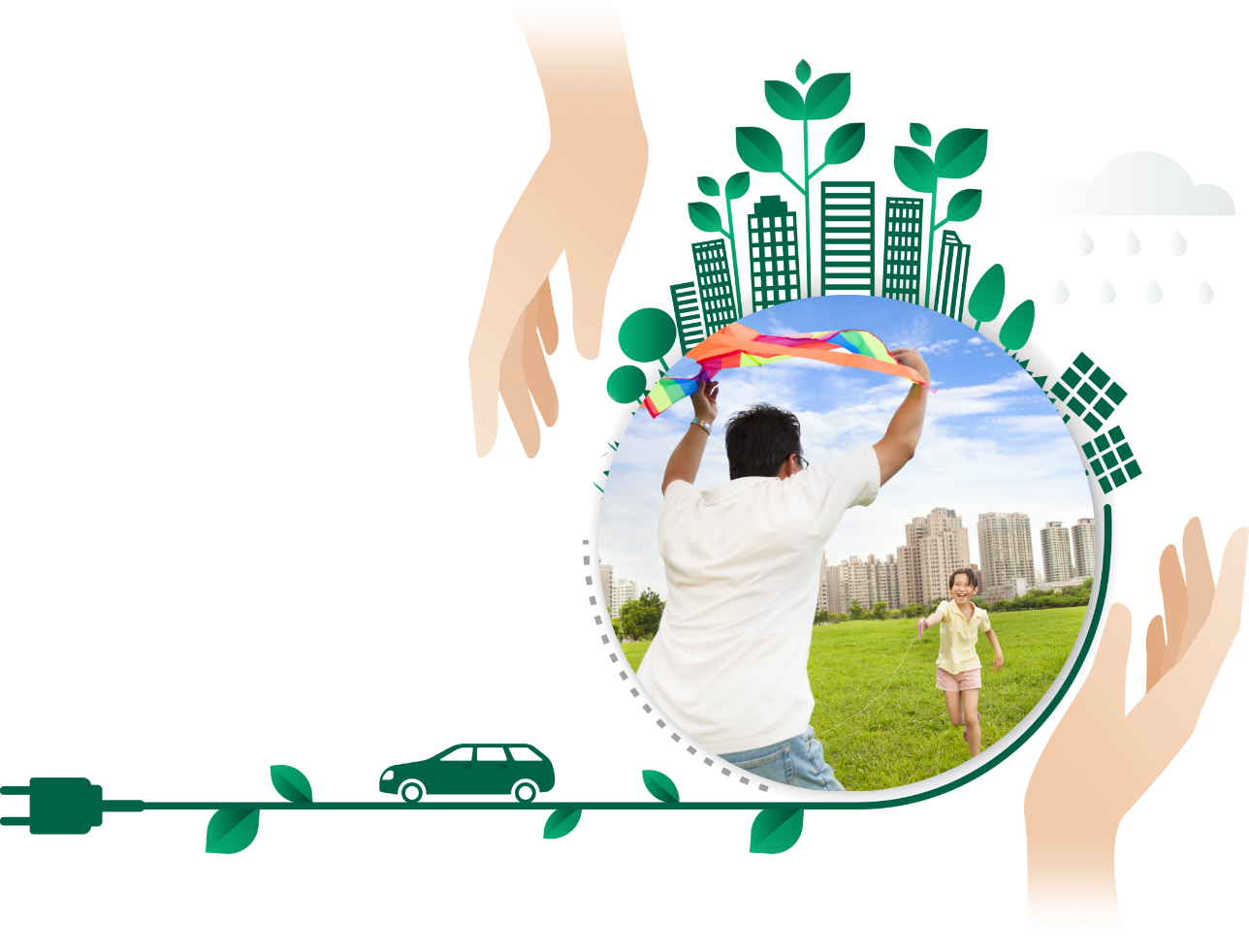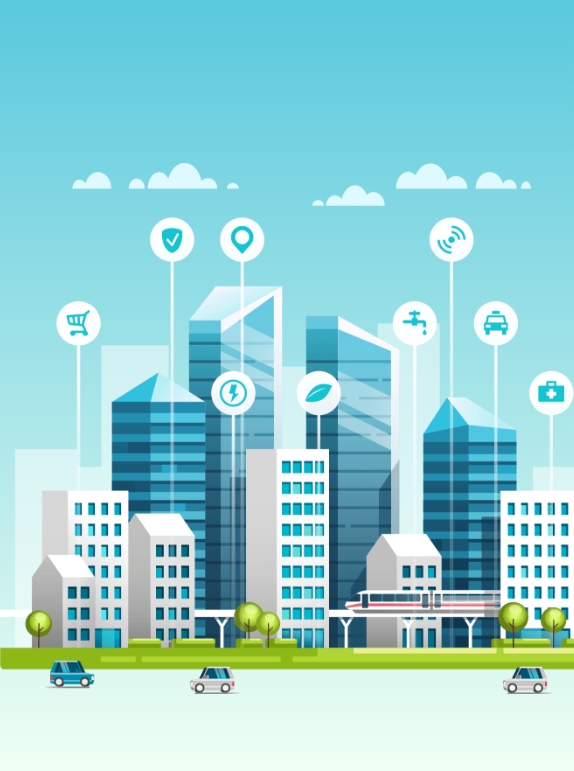Earth’s changing climate has big implications for Southeast Asian nations and the acceleration in transiting to clean energy can fuel the Association of Southeast Asian Nations (ASEAN) economic growth trajectory. For this to happen, they need to triple their investments in renewable energy to more than US$7 billion to meet climate change targets by 2050. Guided by the ASEAN Plan of Action for Energy Cooperation Phase II, ASEAN is committed to achieving a 23% renewable share in the total primary energy supply by 2025.
On track to becoming the fourth-largest economy in the world, ASEAN plays an essential role in the global race to decarbonize and fight climate change.
Can today’s exponential rate of climate change withstand the test of time and allow us to gift a safer world for future generations?
Taking bold steps to fight today’s existential crisis could help us lead a sustainable life
While some may believe that economic growth leads to more damage to the environment, it is still necessary for nations to co-create sustainable, innovative solutions. As by doing so, it could create more economic opportunities and shared progress for everyone.
For example in ASEAN, the region is committed to reducing different levels of greenhouse-gas emissions (GHG) by 2030. However, will factors like the lack of adequate policies or higher initial investment hinder the region’s green recovery path? What can companies offer to play their part in the battle against climate change?
Hitachi, the solution provider understands the criticality of collective action across various sectors to march towards a net zero future and overcome the challenge of green recovery.

To create a sustainable ecosystem, we believe three stakeholders are needed – the government, the solution provider (Hitachi), and co-creation partners.
As one of Hitachi’s efforts towards contributing to a carbon-free society, Hitachi was commissioned by Singapore’s Building and Construction Authority to develop a set of easy-to-use-green building assessment tools located within the Super Low Energy Building (SLEB) Smart Hub. Besides being a comprehensive data repository, the SLEB Smart Hub also leverages big data analytics and artificial intelligence to predict associated costs and energy savings based on a building’s current data set and user needs. Moreover, the tools simplify the process and aid stakeholders in applying for green financing in Singapore.
Continuing its work in Thailand, Hitachi made its impact through the development of The Bangkok Red Line. Infamous for its air pollution situation which caused nearly 6,000 deaths and incurred a cost of over US$2.3 billion in 2020 alone, the introduction of The Bangkok Red Line will alleviate Bangkok’s congested roads with an advanced transit system. The project introduces a mode of transport that is not only more sustainable but also environmentally friendly. As such, this project shapes Hitachi as a solution provider yet again, doing its part in bringing the nation closer towards its goal of achieving Thailand 4.0 through innovative solutions.
Support for a green recovery approach is evident in regional strategies for ASEAN with a strong emphasis placed on economical and environmental sustainability as the key component in the region. Some potent drivers of accelerating green recovery in the ASEAN region include:


In Southeast Asia, a green and sustainable city can be potentially profitable for foreign investors due to their sheer growth opportunities. Hence, a green recovery is critical for Southeast Asia to fight climate change and meet some of the Sustainable Development Goals. The time to act is now, it is our joint responsibility to protect the World. Let’s play our part and take ownership to transform tomorrow with today’s green technologies.